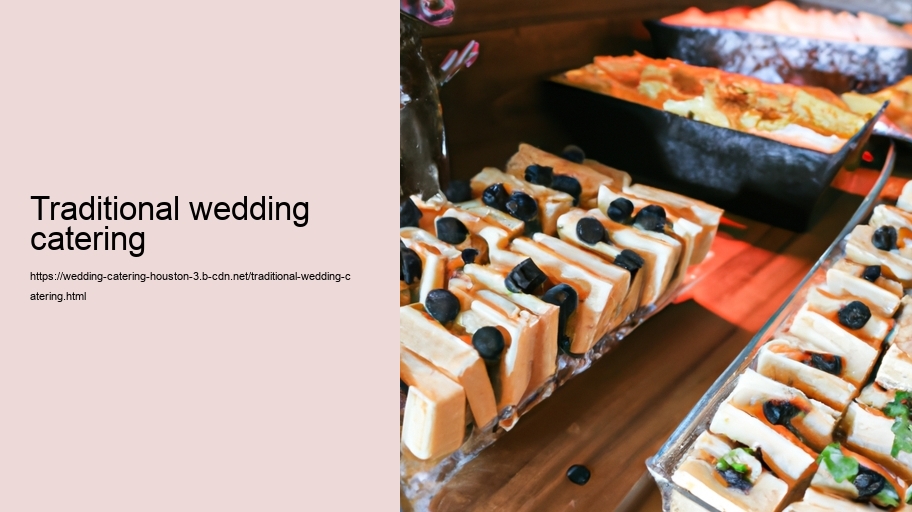Title: The Art and Essence of Traditional Wedding Catering
The institution of marriage is one of the most time-honored traditions in human society, a celebration of love and union that transcends culture, language, and geography. Central to this celebration is the wedding feast—a culmination of culinary delights that brings together families, friends, and communities. Traditional wedding catering is not just about providing food; it's an intricate tapestry woven with cultural threads, local flavors, and age-old customs that make each matrimonial banquet unique.
At the heart of traditional wedding catering lies the essence of hospitality. This service extends beyond mere sustenance; it symbolizes the generosity of the host family and their joy in sharing this momentous occasion. The selection of dishes served at a wedding is often steeped in symbolism—each recipe holding meanings such as prosperity, fertility, happiness, or longevity.
Consider for a moment a classic Italian wedding feast. It begins with antipasti—platters laden with fine cheeses, cured meats, olives, and marinated vegetables—setting up the palate for what’s to come. Following this are primi piatti like pasta or risotto—a nod to Italy's rich agricultural heritage. The secondi course typically offers meats or fish accompanied by sides that celebrate seasonal produce. And no Italian wedding would be complete without dolci—a spread of sweets signifying a sweet start to married life.
In contrast, Indian weddings present an entirely different palette of tastes and aromas. A traditional Indian wedding menu bursts with vibrant colors and spices—each dish telling its own story within the broad narrative of India's culinary diversity. From rich curries to tandoori-grilled delicacies, lentil-laden dals to fragrant biryanis—the variety seems endless. Sweets crafted from milk solids like burfi or syrup-soaked balls like gulab jamun seal the promise of a future filled with richness.
Traditional African weddings also showcase an array of distinct flavors through communal-style dining which reinforces community bonds. Meals might feature staples such as jollof rice—an emblematic West African dish—or ugali from East Africa paired with succulent stews made from goat meat or fish.
What truly distinguishes traditional wedding catering is its attention to detail—the meticulous care given to presentation style reflects respect for ancient rituals while infusing modern creativity into setting tables worthy for a grand celebration.
Moreover, every culture has specific customs related to food during weddings—for instance:
- In Chinese tradition, serving fish signifies abundance.
- Greek weddings often include almonds coated in sugar known as koufeta representing bitter-sweetness in life.
- Middle Eastern nuptials may involve lavish spreads including meze plates symbolizing bounty.
As we move across continents exploring various cuisines served at matrimonial festivities under different skies adorned by diverse beliefs—it becomes evident how integral food is within these celebrations.
While times have changed and global influences have diversified what constitutes 'traditional,' many couples still choose catering services that honor their heritages on their special day—keeping alive recipes passed down through generations while creating new memories around them.
In conclusion, traditional wedding catering goes much deeper than simply feeding guests—it’s about crafting experiences where every bite encapsulates history; where every shared meal strengthens connections; where gastronomy meets ceremony forging unforgettable moments etched forever in time’s grand tapestry.
